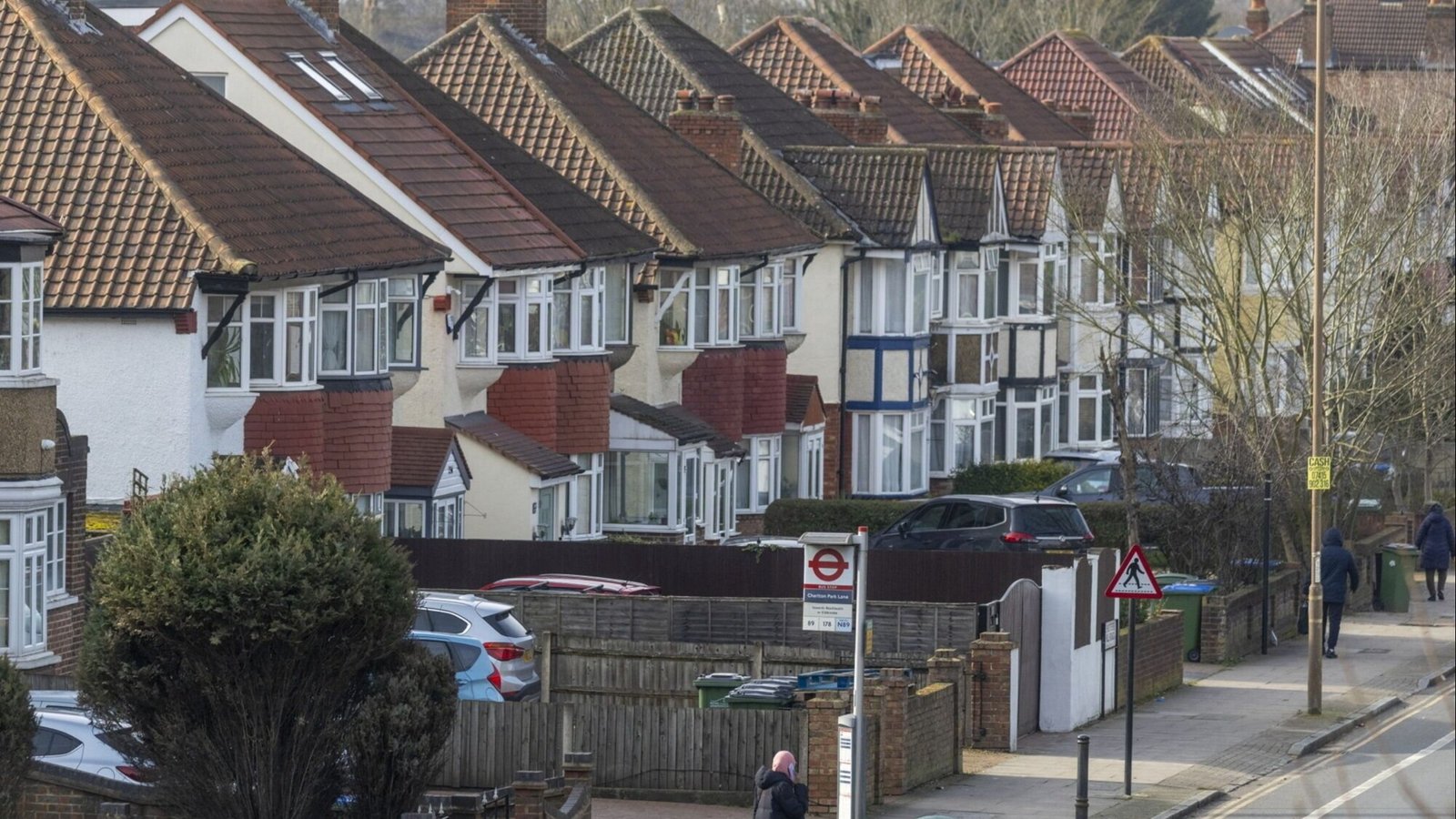Women save for nearly four times longer than men to afford a deposit for their first home, analysis from Mojo Mortgages has revealed.
The analysis of figures published by the Office for National Statistics, found, due to a disparity in earnings, savings, and the size of deposits, women have to save for an estimated 11 years and 9 months to afford a deposit.
This is in contrast to their male counterparts who, Mojo projected, only have to save for three years.
Mojo Mortgages senior broker, Helen Lovell, said: “This near-decade difference represents more than just time; it’s a significant portion of a woman’s life spent in financial limbo.
“The extended saving period of almost nine years doesn’t just delay home ownership — it can significantly impact mortgage affordability, borrowing potential, and long-term property investment strategies.”
Explaining its analysis, Mojo said men earn £422 more each month than women, bringing in an average of £2,568 and £2,146 per month respectively.
There was a similar disparity when it came to savings as men were found to put aside an extra 40 per cent each month.
Mojo revealed that, after removing average household bills and essentials which come to £889, men save £531 a month while women only save £377 per month, a difference of £154.
The analysis argued that this can have “significant mortgage implications” as the reduced saving capacity means women face longer paths to mortgage-ready deposits.
Finally, Mojo Mortgages found that women need to save £34,000 more for their deposit due to the difference in average salary.
The analysis explained that most lenders cap borrowing at around 4.5 times a person’s annual salary, which is typically determined when applying for a mortgage in principle.
For men, a 10 per cent deposit, which Mojo calculated would be £19,160 based on the cost of an average flat, allows them to achieve a 4.3 mortgage-to-salary ratio, which is within typical lending criteria.
However, women need to save a 28 per cent deposit, £53,648, to reach a 4.46 ratio, just meeting the standard threshold.
“As our research shows, the gender pay gap translates into a substantial mortgage affordability gap,” Lovell added.
“Women often need to save three times the deposit amount compared to men to meet standard lending criteria.
“This creates a more challenging and prolonged path to property ownership for women.”
tom.dunstan@ft.com
What’s your view?
Have your say in the comments section below or email us: ftadviser.newsdesk@ft.com




